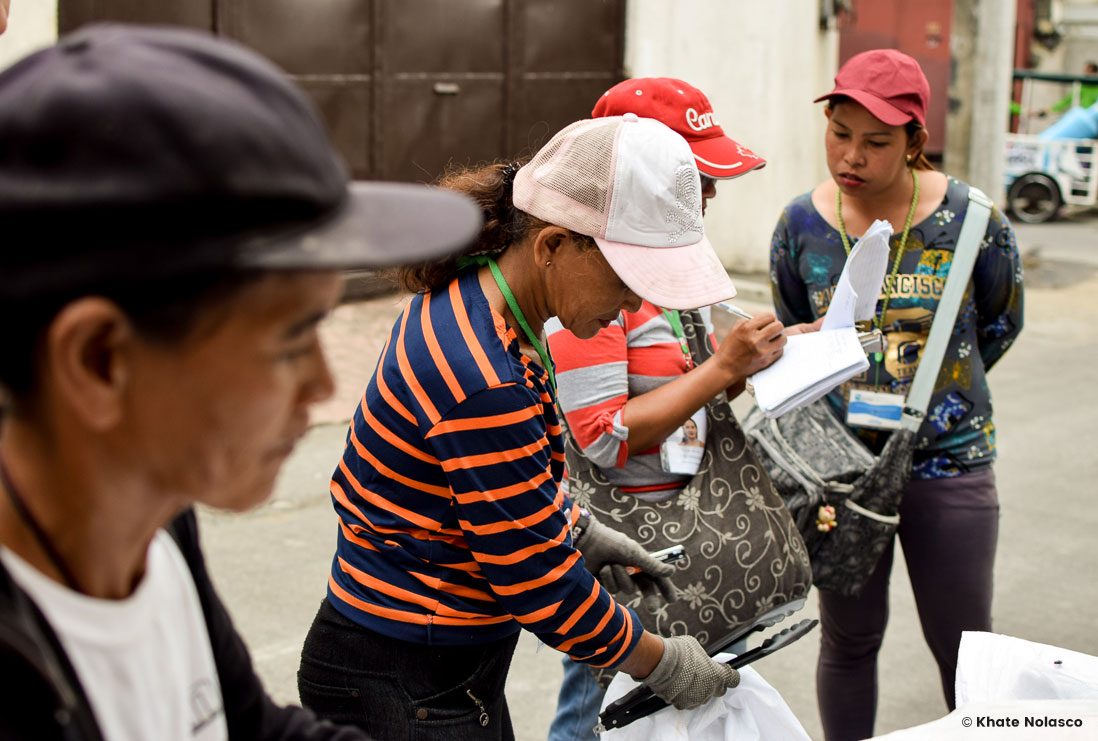MANILA, Philippines — The pro-environment and health group EcoWaste Coalition on Monday asked the Department of the Interior and Local Government (DILG) to allow local government units (LGUs) to grant hazard pay to garbage collectors sourced from the local development fund.
In a statement, the EcoWaste Coalition called on Interior Secretary Eduardo Año to authorize LGUs to use part of their 20 percent development fund to shoulder the hazard pay of government-assigned waste collection workers during the enhanced community quarantine (ECQ) triggered by the coronavirus disease 2019 (COVID-19) pandemic.
“We urge the DILG, in coordination with DBM (Department of Budget and Management), to further unlock the restrictions on the use of local development fund to give LGUs the flexibility to provide appropriate hazard pay to garbage collectors servicing their areas during the ECQ,” said Jove Benosa, zero waste campaigner of the group.
“We request the DILG and the DBM to issue a follow-up Memorandum Circular to this effect,” he added.
EcoWaste Coalition previously appealed to the government to grant hazard pay to garbage collectors regardless of their employment status due to the health risks they face during the health crisis.
In response to the group’s letter, DBM Assistant Secretary Achilles Gerard Bravo on April 14 said that “institutional COS (contract of service), such as the garbage collectors from companies engaged by LGUs, are not considered as government personnel as they are continually regarded as employees of the contractor or service provider.”
“The private contractor or service providers may, at their own predilection, grant a benefit similar to the COVID-19 hazard pay to their workers deployed in government agencies and LGUs during the implementation of the quarantine measures,” he also said, according to EcoWaste.
The group reiterated that providing hazard pay for garbage collectors is a way of recognizing their significant role in waste management amid the heightened health risks they face due to COVID-19.
“Without their indispensable service, we may be faced with even more environmental and health hazards from uncollected waste,” the group said.
Original post from Inquirer.



